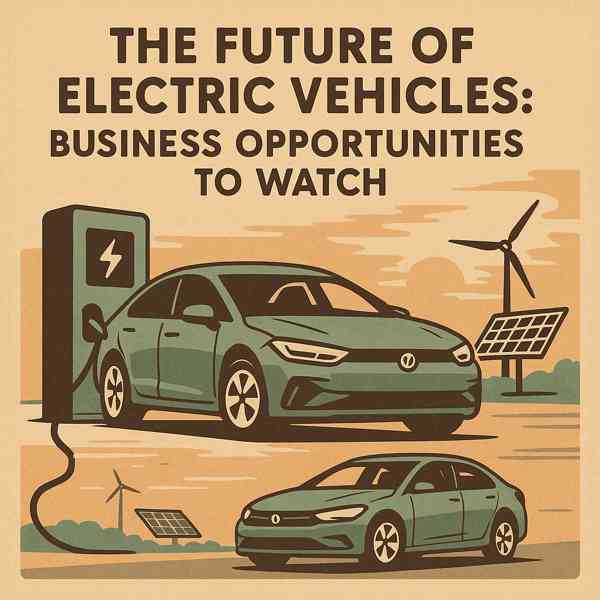
With zero emissions and cutting-edge technology, EVs are quickly becoming a future standard for personal and commercial travel.
As battery technology improves and infrastructure expands, owning an electric vehicle has never been more practical.
What Are Electric Vehicles?
Electric vehicles are powered entirely by electric motors, rather than traditional internal combustion engines.
What powers EVs:
- Drives the wheels using electricity
- Battery pack
- Controls efficiency and output
- Connects to home or public chargers
Electric vehicles come in various types, such as hybrid electric vehicles (HEVs)—each with different levels of electrification.
Why Choose an EV?
Whether you're looking to save money or reduce emissions, EVs offer a compelling option.
Major benefits include:
- Reduced maintenance needs
- No tailpipe emissions
- Quiet and smooth ride
- Rebates and subsidies in many regions
For eco-conscious and cost-aware drivers, electric vehicles are an increasingly responsible choice.
What to Know Before Buying an EV
Understanding the limitations of electric vehicles will help you make an informed decision.
Common concerns include:
- May require more frequent charging
- Not all areas have adequate public chargers
- Higher initial cost
- Batteries degrade over time
As technology advances and infrastructure improves, many of these challenges are becoming less significant.
Different Kinds of EVs on the Market
Choosing the right type depends on your needs, driving habits, and budget.
EV formats explained:
- Battery Electric Vehicles (BEVs)
- Can switch between electric and fuel power
- Hybrid Electric Vehicles (HEVs)
- Use hydrogen to generate electricity
Each type has its pros and cons, so buyers should understand the differences.
Understanding Charging Options
There are multiple charging levels and methods depending on your daily usage.
How EVs get recharged:
- Standard household outlet
- 240V outlet at home or public stations
- Can charge 80% in under an hour
- Wireless or inductive charging (emerging tech)
As public charging networks expand, EV owners more information will enjoy even more support and reliability.
Where the EV Market Is Heading
As governments push for cleaner energy and manufacturers invest in innovation, the future of EVs looks unavoidable.
Next-generation EV developments:
- Solid-state battery technology
- Vehicle-to-grid (V2G) integration
- Combining EV tech with self-driving systems
- Making EVs accessible to all drivers
As innovation continues, EVs will become more efficient, affordable, and widespread.
Conclusion
With growing demand and continuous improvement, EVs are becoming a future-proof option for more drivers every day.
The future is electric—are you ready to plug in?